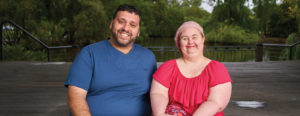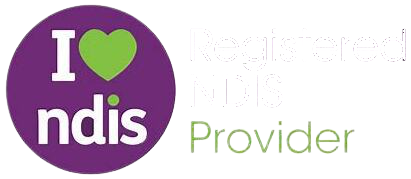Commitment to Safeguarding Children & Young People
Sexual abuse
Sexual abuse is any act in which a person with power or authority over a child (female or male) uses
a child for sexual gratification. An abuser can be an adult, adolescent or older child. Sexual abuse spans a range of contact and non-contact behaviour.
Non-contact behaviour includes:
- making sexual comments (in person, in letters, or by telephone, text messages or email)
- voyeurism – including commenting on physical attractiveness
- exposing a child to pornography
- nudity – an abuser exposing parts of their body or the child’s body.
Contact behaviour includes:
- fondling or kissing
- sexual penetration
- exploiting a child through prostitution
Physical abuse
Physical abuse occurs when a parent or caregiver subjects a child to non-accidental physically aggressive acts. The abuser may inflict an injury intentionally, or inadvertently as a result of physical punishment or the aggressive treatment of a child. Physically abusive behaviour includes (but is not limited to) shoving, hitting, slapping, shaking, throwing, punching, biting, burning and kicking.
Emotional or psychological abuse
Emotional or psychological abuse occurs when a caregiver or parent repeatedly rejects or threatens a child. Often there is a pattern of emotional or psychological abuse, rather than a single incident. Such abuse may involve humiliating, terrorising, name-calling, belittlement, inappropriate symbolic acts or continual coldness from the caregiver or parent, to an extent that results in significant damage to the child’s physical, intellectual or emotional wellbeing and development.
Neglect
Neglect occurs when a parent or caregiver fails to provide a child with the basic necessities of life. Such neglect includes the failure to provide adequate food, clothing, shelter, medical attention or supervision to the extent that the child’s health and development is, or is likely to be, significantly harmed
Witnessing family violence
Witnessing family violence is a specific form of emotional or psychological abuse. Family violence is defined as violence between members of a family or extended family or those fulfilling the role of family in a child or young person’s life. Exposure to family violence places children and young people at increased risk of physical injury and harm and has a significant impact on their wellbeing and development.
We expect all within our services, regardless of their role or level of responsibility, to act to
safeguard children and young people from such harm by:
- complying with all Australian laws in relation to Child Protection and Child Safe Standards;
- upholding the United Nations Convention on the Rights of the Child;
- adopting the practices and behaviour we have set as our standard when carrying out their roles;
and
- reporting any abuse or neglect of which they become aware to our leaders and/or to external authorities responsible for child protection and/or to police, regardless of whether that abuse is being perpetrated by personnel within our organisation, or by those outside our organisation including those from the child’s family, extended family, their family’s extended network or strangers.
The Board’s commitment to providing a safe environment for the children and young people to whom we support is endorsed and approved by me as the Director and by the Board of Real Life Choices Disability Support Services.
Michael Matsatsa
Director


